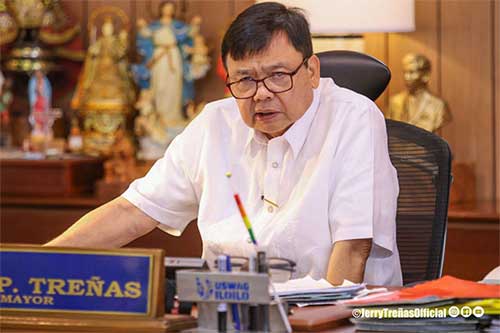The recent Philippine delegation’s visit to Japan served as a pivotal step to turn the plans and strategies in the Philippine Development Plan (PDP) 2023-2028 into concrete actions that will benefit the lives of all Filipinos, said the National Economic and Development Authority (NEDA).
“Through our country’s intensified efforts led by President Ferdinand R. Marcos Jr., we have affirmed the Philippines’ strong bilateral relations with Japan and secured over USD 13 billion or PhP708.2 billion worth of agreements in the form of contributions and pledges from the Japanese government and business leaders,” NEDA Secretary Arsenio M. Balisacan said.
These pledges are expected to generate directly around 24,000 jobs that will enable Filipinos to access better income-earning opportunities and bolster the purchasing power of Filipinos over the medium term.
“With the thirty-five high-value deals signed between the Philippines and Japan, we will strive to continuously provide a fair, transparent, and enabling environment for trade and investments to further elevate the competitiveness of our domestic industries and generate more jobs across key sectors including infrastructure, health care, technology, and agriculture,” Balisacan said.
The government’s chief economist added that the effective implementation of key economic liberalization laws such as the Amendments to the Retail Trade Liberalization Act, Foreign Investments Act, and the Public Service Act will create a more open investment climate for businesses expansion despite the expected global economic slowdown this year.
“We enjoin both the public and private sectors, together with our civil-society partners, to act as one in operationalizing the PDP and harness the power of trade and investments as motors of high-quality job creation, skills development, and sustained poverty reduction,” Balisacan said.
During the said trip, loan agreements amounting to ¥377 billion (approx. USD2.8 billion) were also signed for the construction of the North-South Commuter Railway Project (Malolos-Tutuban) II and the North-South Commuter Railway Extension Project II. The completion of these infrastructure projects, including the Metro Manila Subway Project, is expected to promote seamless and efficient connectivity among major economic centers. These projects are seen to create stronger market interlinkages and generate more job opportunities.
“The government’s continuous work to strengthen our strategic partnerships with other economies and trading partners aligns with the medium-term strategies laid out under the PDP 2023-2028 and in pursuit of our long-term aspiration of a matatag, maginhawa, at panatag ng buhay para sa lahat,” Balisacan said.






















